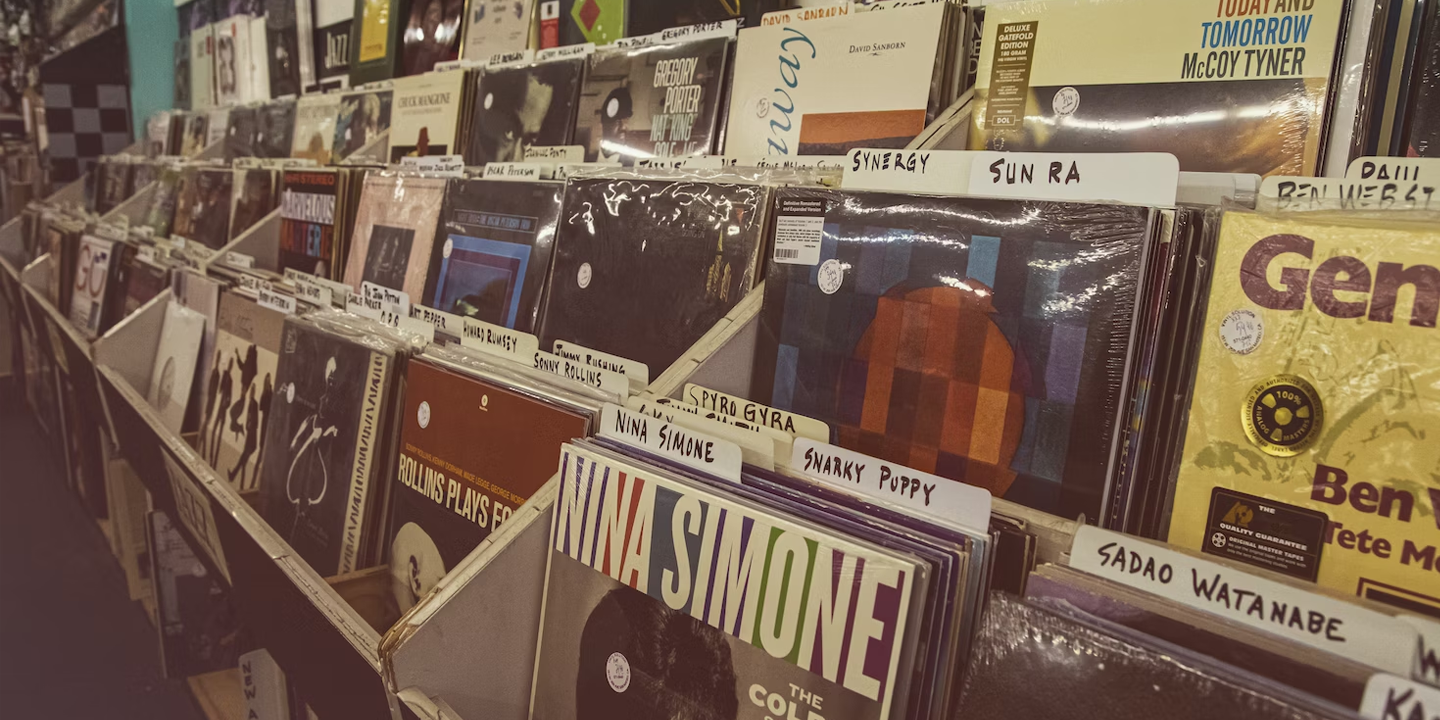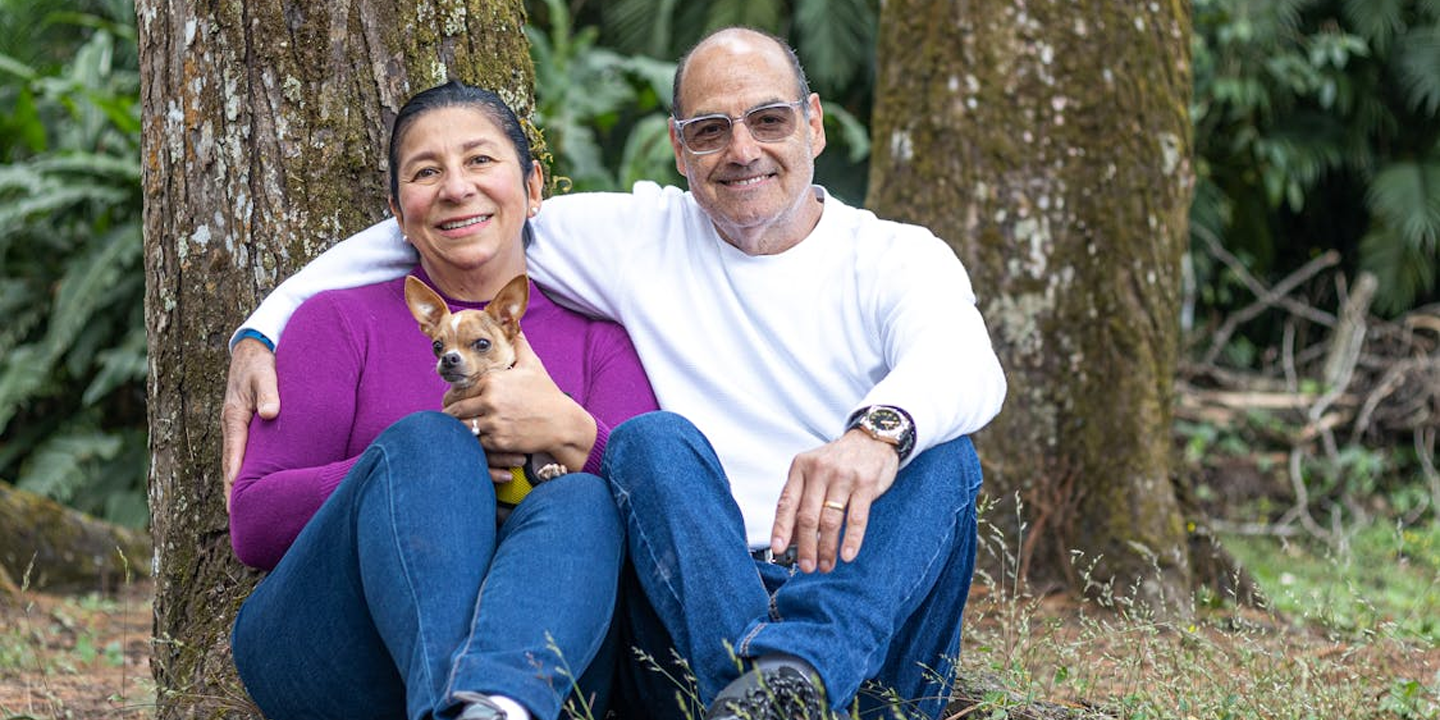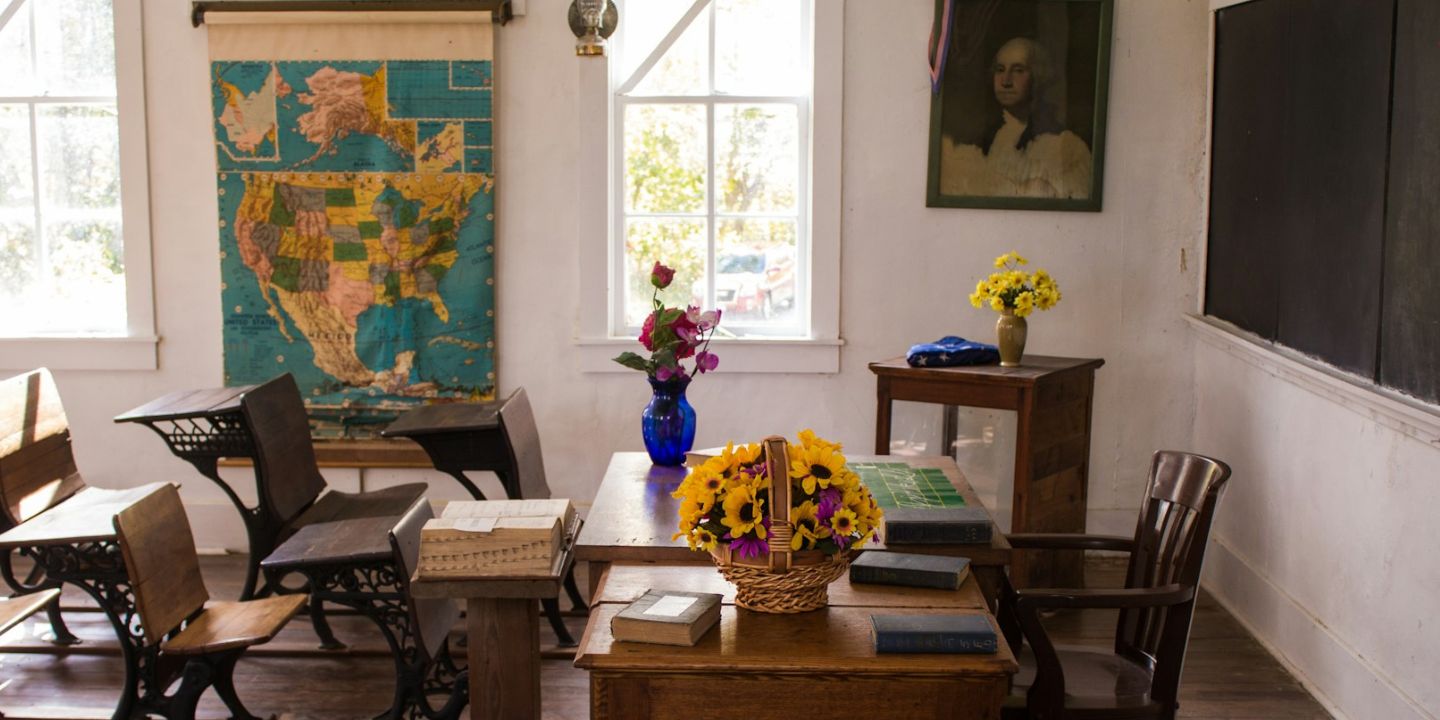Classic Names That Are Still Powerful
Old names don’t wither away—they linger in the margins as they await a bold return. There’s something irresistible about a name with grace, and a little dust on it. Those names aren’t outdated but hidden gems that carry stories, elegance, grit, and quiet power. In a world chasing trends, such classic names bring back charm with a twist. Let’s revisit 20 of the forgotten favorites that deserve to walk tall again.
1. Mabel
Once a classroom regular in the early 1900s, Mabel comes from the Latin amabilis, meaning “lovable”. The cottagecore trend helped revive its vintage-feminine appeal. Literary nods, including Oscar Wilde’s An Ideal Husband, added charm. It’s a soft alternative for those avoiding saturated picks like Isabella or May.
2. Silas
Silas holds biblical roots as an early Christian missionary, which gives it enduring spiritual depth. The name carries literary gravitas, too, famously appearing in Silas Marner by George Eliot. Its moody presence in Southern Gothic fiction and fantasy games also appeals to modern parents seeking names with quiet intensity.
3. Pearl
Popular in the Art Deco period, Pearl radiated elegance and old-world refinement. As June’s birthstone, it also holds symbolic ties to purity and tradition. Today, it belongs to the same gemstone-name resurgence as Ruby and Opal. Retro fashion and jewelry branding continue to boost this name’s timeless vibe.
4. Walter
Walter once dominated American birth registries, especially among war-era grandfathers. Its German origin translates to “commander of the army,” and this adds noble weight. Many families use it to honor military roots or media icons like Walter Cronkite. It balances scholarly energy with rugged, old-school stability.
 Antoni Shkraba Studio on Pexels
Antoni Shkraba Studio on Pexels
5. Edith
Edith offers regal and literary lineage. It spans from Queen Edith of Wessex to novelist Edith Wharton. Its recent popularity in period dramas has sparked fresh interest. The modern nickname “Edie” further helps soften the formality. It’s a rare case of a name that’s stately and stylish at once.
6. Minerva
A nod to the Roman goddess of wisdom, Minerva has brains, beauty, and boldness built in. It was once popular among suffragettes and educators. With names like Athena and Freya trending, Minerva is poised to return, offering classical power with a magical edge.
7. Hazel
Hazel joins the nature-name trend through its link to the hazel tree and warm eye tones. The name evokes quiet intellect and often appears in nostalgic American media. A comic-strip favorite in mid-century newspapers, it now straddles woodland whimsy and polished, vintage charm.
8. Nellie
Derived from Eleanor or Helen, Nellie was a staple in pioneer America. Journalist Nellie Bly gave the name boldness and historical weight. With names like Ellie and Millie on the rise, Nellie rides that wave but brings old-school attitude with it. It’s plucky, warm, and back in style.
9. Dorothy
Dorothy carries a cinematic legacy thanks to The Wizard of Oz, which preserves its Americana charm. In Greek, it means “gift of God,” a fact that once made it a favorite among religious families. Dorothy Day’s activist legacy adds even more depth to its meaning.
10. Archie
The name Archie blends comic book nostalgia with modern royal baby buzz. It delivers warmth and charm without the formality of Archibald. A go-to in children’s books and cartoons, it’s got a playful, approachable sound. Parents love its blend of vintage roots and boy-next-door cheer.
11. Agnes
A top 50 staple in early 20th-century America, this name faded post-1970s but still carries weight. Its Greek root, hagnē, means “pure,” an aspect that ties it to early Christian traditions. Names like Maude and Mavis share the clunky-cute charm of Agnes.
12. Clarence
Once a favorite of Gilded Age elites, Clarence was common among bankers and statesmen. Pop culture cemented its association with kindness thanks to the angel in It’s a Wonderful Life. The name also carries royal weight via the British title “Duke of Clarence”.
13. Thelma
Unlike most vintage names, Thelma was born in fiction, coined by Victorian novelist Marie Corelli. It peaked in the 1920s and lingered in Southern family lines. The movie
 Anastasia Shageeva on Unsplash
Anastasia Shageeva on Unsplash
14. Harold
Old English origins give Harold the powerful meaning of “army ruler”. President Harry Truman was born Harold. This lent the name political gravitas. It has Norse and Anglo-Saxon appeal, often shortened to Hal or Harry. Gen Z parents are helping it re-enter the charts through a quiet classic revival.
15. Ira
Brief, biblical, and quietly intellectual, Ira once ranked high in early 1900s records. It means “watchful” in Hebrew. Often seen among early American scholars, its minimalist cool is now gaining fans among hipster parents seeking something offbeat yet grounded.
16. Ernest
After a strong presence in the early 1900s, this name dipped sharply after WWII. Still, Ernest Hemingway left a legacy of literary weight that hasn’t faded. It means “serious” or “resolute”. It’s perfect for virtue-based naming. The informal form “Ernie” adds a friendly touch to its firm backbone.
17. Floyd
Floyd peaked in the 1910s, often seen among working-class poets and jazz musicians. Its Welsh origin—meaning “gray-haired”—adds a wise tone. Think of Pink Floyd's echo in pop culture. The name now offers retro edge and Southern charm in equal measure.
18. Leonard
Meaning “brave lion” in Old High German, Leonard strikes a balance between strength and gentleness. Cultural icons like Leonard Cohen and The Big Bang Theory’s Leonard Hofstadter have kept it in rotation. The short form “Leo” has skyrocketed in recent years.
19. Jasper
With roots in Persian, meaning “bringer of treasure,” Jasper offers a timeless yet edgy appeal. It saw popularity in Victorian England and again in the 1910s. The name’s gemstone ties give it natural charm, while its Biblical presence adds depth. Jasper blends classic polish with modern flair.
20. Eugene
Commonly used among upper-class Americans in the early 1900s, Eugene means “well-born”. Though it lost steam post-1960s, it remained a common middle name, especially in Catholic circles. Cities like Brooklyn and Portland are quietly reviving Eugene’s cool.


























